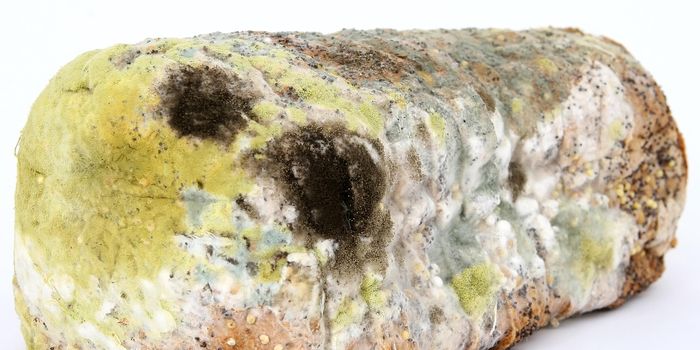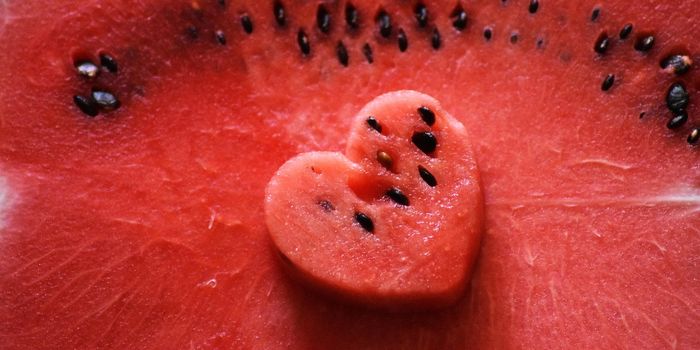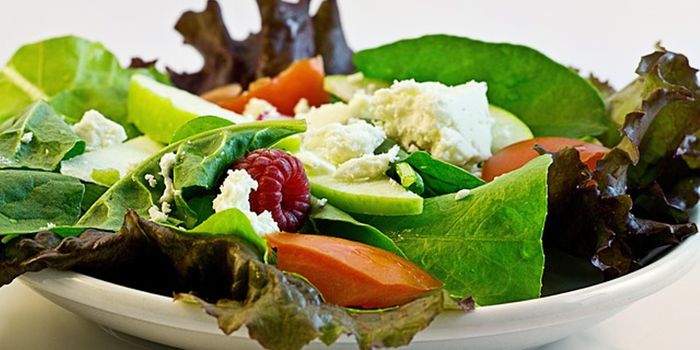Eating Veggies Helps Strengthen Neck Arteries in the Elderly
Your mother pestered you to eat your vegetables when you were young, and that advice does not grow old when you do. A new study from scientists in Australia shows that elderly women eating more vegetables showed less carotid artery wall thickness, a characteristic of early atherosclerosis. The most beneficial veggies? Those in the cruciferous genre: broccoli, cauliflower, cabbage, and Brussels sprouts.
Fruits and vegetables uniquely contain compounds called phytochemicals, which can improve health and prevent disease. A specific type of plant hormone in cruciferous vegetables, called brassinosteroids, has a strong beneficial effect on metabolism, muscle mass, and inflammation.
Atherosclerosis is a disease characterized by plaque buildup inside the arteries, which can hinder the flow of oxygen- and nutrient-carrying blood throughout the circulation. Plaque also hardens and narrows the arteries, which limits blood flow.
Researchers gave a food frequency questionnaire to 954 Australian women 70 years of age and older, which options ranging from “never eating vegetables” to eating vegetables “three or more times per day.” Different kinds of vegetables on the survey included cruciferous, allium (onions, garlic, leeks, shallots), yellow/orange/red, leafy green, and legumes.
Sonograms provided visualizations of carotid plaque severity, and researchers found that there was a difference of 0.05 millimeters in carotid artery wall thickness between high and low vegetable intake questionnaire respondents. This may not sound like a large amount, but the study scientists assure you that it is.
"That is likely significant, because a 0.1 millimeter decrease in carotid wall thickness is associated with a 10 percent to 18 percent decrease in risk of stroke and heart attack," explained lead author Lauren Blekkenhorst.
Additionally, they found that the more cruciferous vegetables the study participants ate, the better their artery health - 10 additional grams per day in cruciferous vegetable intake linked with an 0.8 percent lower average carotid artery wall thickness.
"After adjusting for lifestyle, cardiovascular disease risk factors (including medication use) as well as other vegetable types and dietary factors, our results continued to show a protective association between cruciferous vegetables and carotid artery wall thickness," Blekkenhorst said.
The present study was published in the Journal of the American Heart Association.
Sources: NC Research Campus, National Heart, Lung, and Blood Institute, American Heart Association









